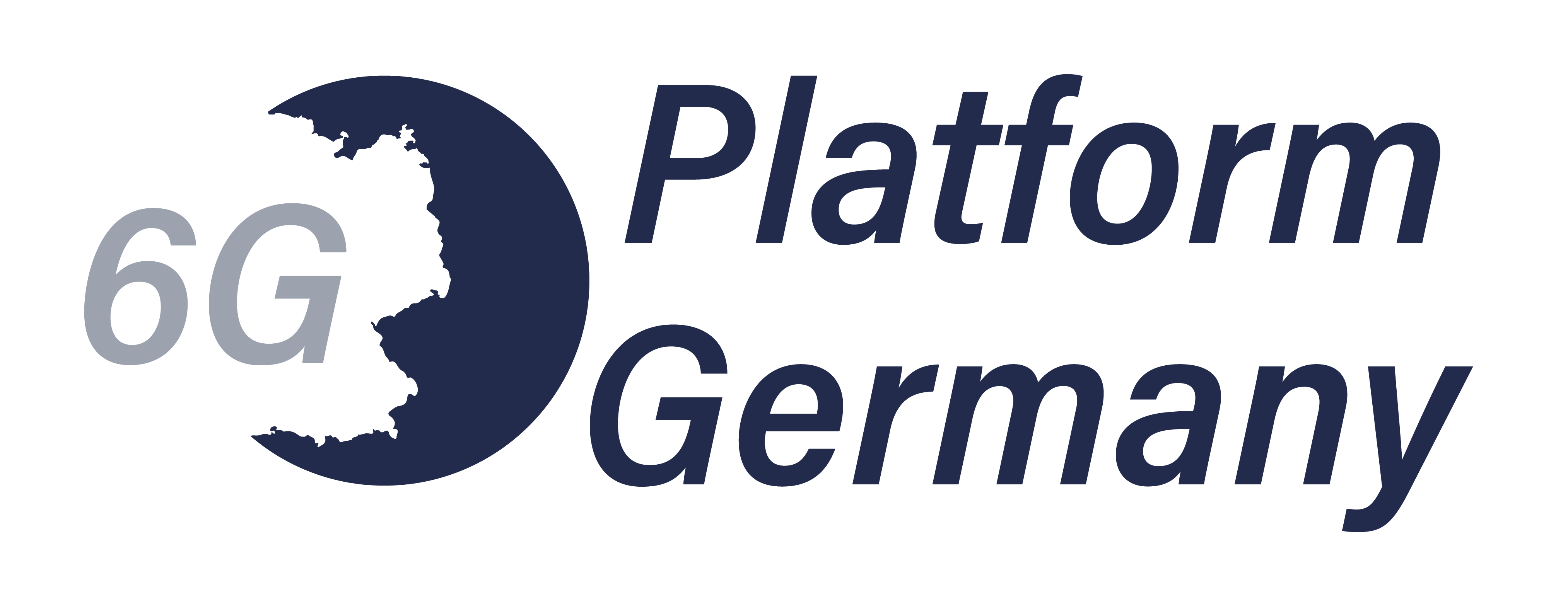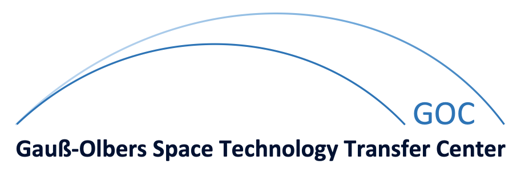Platform for future communication technologies and 6G (6G Platform Germany)
|
Subproject: Analysis of new concepts for participation and Networked Mobility |
 |
Initial Situation
Extremely fast, energy-efficient, fail-safe – and extremely complex: The German government is funding research on the next generation 6G wireless systems. The German Federal Ministry of Education and Research (BMBF) has now allocated 250 million euros for four 6G research hubs, 67 million of which are for the Open6GHub involving 17 collaborating research institutions. Within this hub, the University of Bremen is involved with a funding of five million euros. This enables leading German researchers from the fields of communications engineering, electrical engineering, and satellite systems to contribute their specialized expertise.
Objective
The 6G Platform will make scientific contributions to shaping the content of 6G and provide scientific and organizational support for the processes required to successfully implement the German 6G program. The scientific contributions will in particular address issues of high social relevance.
Research contribution of the University of Bremen
The object of the sub-project is the development of a harmonized 6G vision with a focus on the main topics "Participation" and "Networked Mobility". The focus is on novel and flexible network architectures that go beyond previous rather static and cellular organized architectures. These more flexible network architectures are essential to provide "unlimited connectivity" and in particular to support many professional application scenarios and full coverage. To this end, a 6G system will connect network components ranging from classic terrestrial devices to communication drones and communication satellites in a highly flexible, autonomous manner, and adapted to current requirements. To this end, it is essential that the exchange between previously largely separate sectors such as mobile communications and space communications is supported at various levels (technological, economic, regulatory, political).
Based on the analysis of societal requirements, application scenarios will be developed and investigated. First, a GAP analysis for established or emerging communication systems will be performed and compared with current research results, e.g. of the 6GHubs, discussions from the related expert groups and ongoing standardization activities. Promising technological approaches and architectural proposals for unbounded connectivity will then be identified, evaluated and assessed. The analyses of the technological approaches are contributed to form the overarching 6G vision. The goal of a harmonized vision requires the comprehensive consideration of the different industries and their research projects. For this purpose, the sustainable networking with national and international projects and committees is consolidated through active cooperation. The organization of events promotes professional exchange at both national and international level, and the public is also informed by means of contributions aimed at specific target groups.







